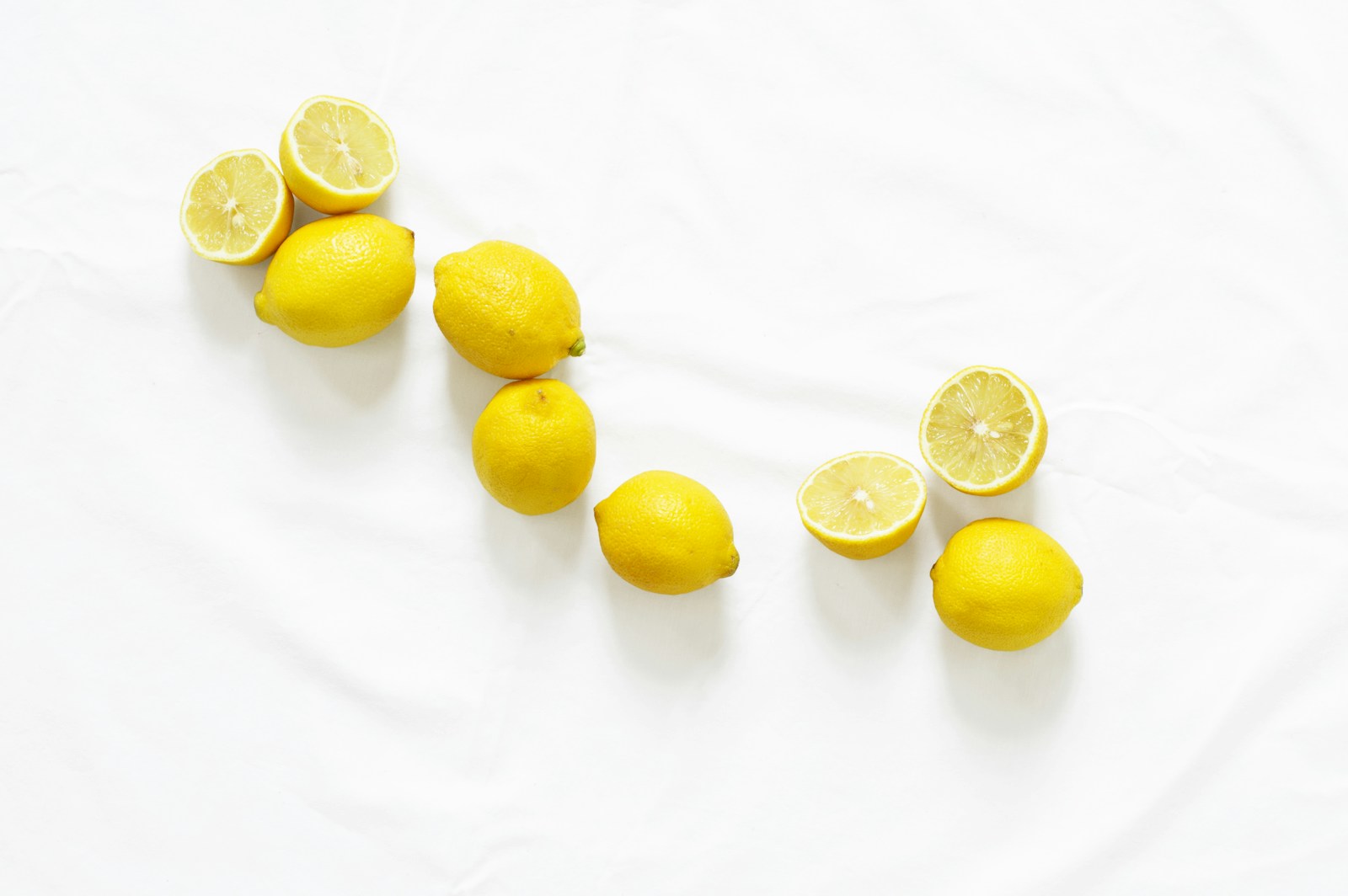
bien

well
In French, 'bien' is used in much the same way as 'well' is used in English. It is an adverb and can be used to qualify a verb, adjective, other adverb, or even an entire sentence. For instance, you can use 'bien' to say that you're doing well 'Je vais bien', something tastes good 'C'est bien', or to emphasize 'Très bien'. Note that, just like in English, it can serve a variety of roles depending on the context.
Example sentences using: bien
Je me sens bien aujourd'hui.

I feel good today.
In this sentence, 'bien' is used to describe the speaker's state of being (feeling good). It's a common way to express that you're feeling physically or emotionally well.
Il fait du bien.

He does good.
This sentence uses 'bien' to describe the actions of someone in a positive manner. It expresses that the person is doing something beneficial or good.
C'est bien de te voir.

It's good to see you.
Here, 'bien' is used to express a positive sentiment about seeing someone. It implies the speaker is happy to see the person they're talking to.
Elle parle bien français.

She speaks French well.
In this example, 'bien' is used to describe the proficiency of someone's French-speaking skills. It signifies that she speaks French proficiently.
As-tu bien compris?

Did you understand well?
Here, 'bien' is used to emphasize the thorough understanding of something. It is asking if the person completely understood something.
Tout va bien.

Everything is going well.
In this sentence, 'bien' is used to express that everything is going well or smoothly. It's often used in general conversation to provide reassurance.
C'est bien fait.

It's well made.
This use of 'bien' is to describe something that has been crafted or done well, signifying quality or skill.
Fais bien attention!

Pay good attention!
In this example, 'bien' is used as an emphasis on the level of attention one must pay. It's a common phrase used to prompt heightened focus.
C'est bien ici.

It's right here.
In this case, 'bien' is used to emphasize that something is exactly at a specific location. It's a common phrase to confirm or emphasize the correctness of a location.